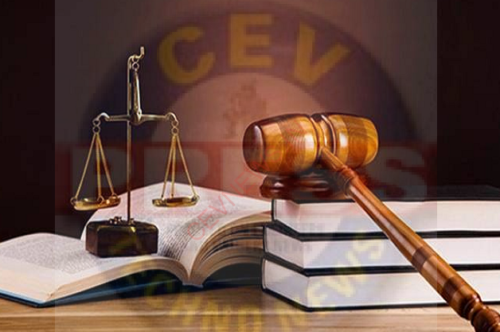MEANING OF QUASI-JUDICIAL AUTHORITY
Quasi-judicial authority refers to the power or jurisdiction of an administrative agency or other governmental body to perform activities that are similar to those of a court. These activities may include holding hearings, receiving evidence, and making decisions that affect the legal rights and obligations of individuals or organizations.
The decisions made by quasi-judicial bodies may have legal consequences, and they often involve issues that are subject to legal or regulatory frameworks. However, the bodies do not have the full authority of a court, and their decisions are generally subject to review by a court or other higher authority.
Examples of quasi-judicial bodies include labor relations boards, zoning boards, and regulatory agencies that oversee industries such as telecommunications or transportation. These bodies are typically established by statute or regulation, and they are charged with interpreting and enforcing the law in their specific areas of jurisdiction.
Here are some key points about quasi-judicial authority:
- Quasi-judicial authority is the power of an administrative body or official to make legal or quasi-legal decisions that affect the rights or interests of individuals or organizations.
- The decisions made by a quasi-judicial authority are similar to those made by a court, but they are usually made in a more streamlined and informal manner.
- Quasi-judicial authorities are expected to follow principles of natural justice and give an opportunity to the affected parties to present their case.
- Examples of quasi-judicial authorities include administrative tribunals and regulatory bodies.
- Quasi-judicial authorities are empowered by statute to make binding decisions, subject to review by the courts.
- Quasi-judicial authorities are distinct from legislative and executive bodies, and they have limited powers and jurisdiction that are defined by law.
- The decisions made by quasi-judicial authorities have a significant impact on the parties involved, and they must be based on evidence, law, and fair procedures.
- The decisions made by quasi-judicial authorities are subject to review by the courts, and they can be challenged on various grounds, such as errors of law, errors of fact, or procedural irregularities.




